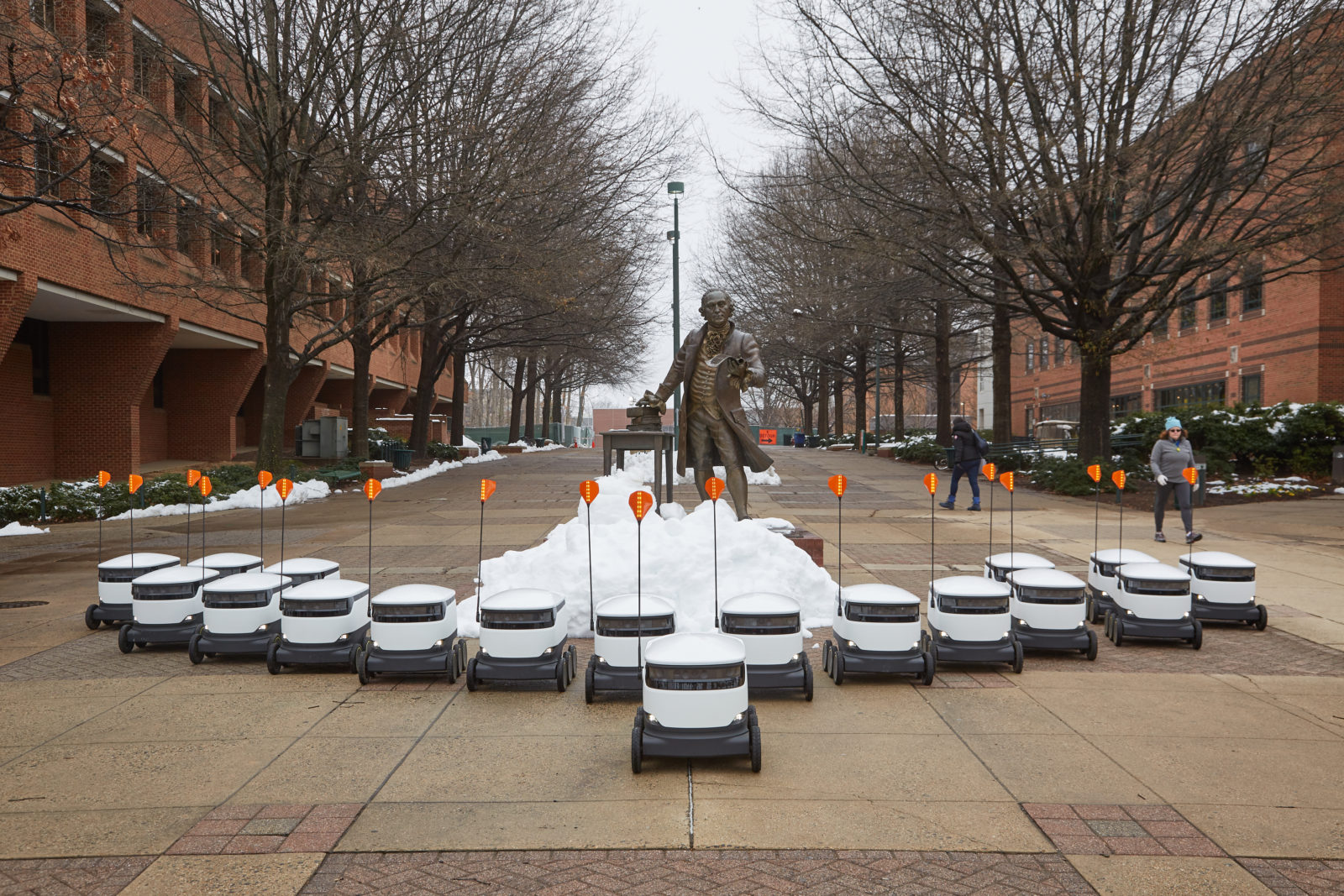Bowie State University (BSU), one of four public HBCUs in Maryland, invested more in these offerings for its students through a recently launched, $575,000 esports facility.
Maurice Tyler, a native Delawarean and the Prince George’s County-based university’s vice president of information technology, highlighted that the demand for livestreaming broadcast capability, as well as dedicated space for both casual gamers and professional esports athletes, surged on campus post-pandemic.
Ultimately, esports emerged during the pandemic as the sole functioning athletic program at BSU.
Tyler noted that esports simply needs good tech infrastructure to function.
“With esports, you can, as long as you have a good internet connection and the appropriate gaming system, you can still participate and compete,” said Tyler,
The gaming arena features 12 gaming stations and a virtual racing simulator that will let Bowie State’s esports team prepare for national competitions.
Tyler’s daily responsibilities include providing technical support to faculty, staff, and students; managing core infrastructure such as networks, Wi-Fi and telephones; and overseeing core systems like HR, financial and student information platforms.
In keeping with his broad oversight, he said the school will launch another tech feature on campus with broader use beyond gaming: food delivery robots.

The Starship Technologies-produced devices use artificial intelligence and machine learning software to process its deliveries. They were piloted in DC in 2017 before being implemented at other regional university campuses. The bots are aimed at students who live in campus residence halls but can also serve faculty and staff needs, according to Tyler.
In addition, BSU is integrating apps like CircleIn into its academic operations to foster a virtual student community that gamifies studying and collaborative learning.
“The more hours they log studying online with their peers and in their faculty members, the more points they get,” said Tyler. “Then [the points] can actually translate that into [the school teaming up] with local businesses to give them reward cards.”
Tyler added that the reward cards have already been used at retailers like Starbucks and Dunkin Donuts.
A new makerspace and other tech advancements on campus
After the pandemic, BSU invested in its potential to lead student instruction virtually using iFlexTec, whose software and gadgets let faculty engage with remote students or pupils facing transit difficulties. Tyler said over 100 classrooms on campus have high-tech capabilities like digital whiteboards, cameras, microphones and video screens.
“It has that same tactile feedback and the differences are infinite,” said Tyler in reference to digital whiteboards’ similarities with their predecessor, the chalkboard. “So they set up the whiteboard … [and] they can just slide it away and start again and not lose anything. And afterwards, they can literally email the entire contents of that board to their class.”
In addition to its more traditional offerings, BSU also has a makerspace for its pupils who may want to take the nontraditional route into entrepreneurship.
“We have an entrepreneurial focus on campus,” said Tyler. “So we have a makerspace that has 3-D printers, modeling programs and things like that for students to roll out of bed in the middle of the night if they have a concept that they want to, you know, ideate and come to fruition.”
BSU’s makerspace boasts a plethora of tools like soldering kits and sewing machines for students across departments, and not just its entrepreneurship track.
“You don’t have to be a part of a specific program,” Tyler said. “You just have to have an idea.”
Correction: An editor error initially described Bowie State’s esports team as its only athletic program to survive the pandemic. That error has been corrected. (4/26/2024, 10:50 a.m,)







